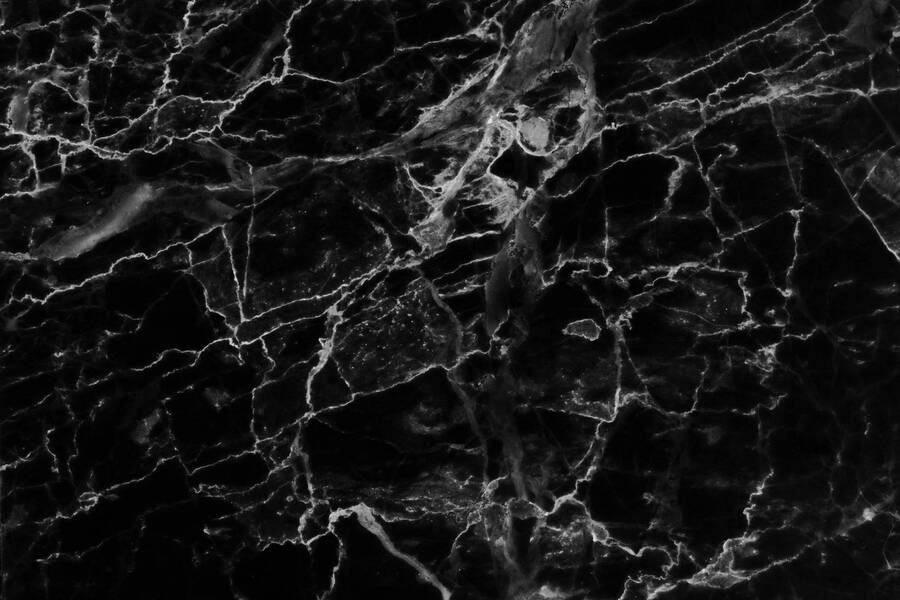Mary

“Once in a while God takes poetry away from me,” Adélia Prado writes in her poem “Passion,” translated by Ellen Watson. “I look at a stone, I see a stone.” In this formulation, poetry happens in the transformation between looking and seeing, the alchemy that turns apprehension into interpretation—forging a way out from here. Molly Brodak’s poem “Mary” abuts the limits of poetry, where language refuses to transform what it witnesses. The first few stanzas brim with evocative images, the words seemingly equipped to look and then envision anew. But this harmonious relationship with language swiftly shifts; the strange italics in the poem’s center—“He could not help himself”—read less like emphasis and more like language straining to break free of the poem itself. If this fugitive impulse bears possibility, it’s quickly constrained as the clarity of hopelessness encroaches: “They just do not love you back. / They just do not.”
The poem ends with the convergence of two characteristically open forms—the question and the creative act—but here neither comprises an opening. As a person, God, Mary, and Lucifer face each other asking “why did you make me,” the terrible cocreation constructs an enclosure that, like the walls of a cave, condemns the language to echo. Still, even the architecture of hopelessness makes a kind of room; and sometimes it’s not a way out we need most, but a holding space—a place for things to last. In an essay in tribute to Brodak, who died last March, her husband, Blake Butler, writes: “In the end, only poetry formed a place where she could see herself, find any reason; through poetry, its imagination, she survives.” I am grateful for these little rooms where I can, for a time, meet this poet, and dwell with the resounding why in what she has left to us.
– Claire Schwartz
Mary
A little crime pinpricks him and grows. Maybe
a bodiless fear was the awl, and he closed his eyes and let it.
Between the silver candlestick and her sweet cold hair
is estrangement, estrangement; from fog
he turns the corner of a veiny marble vestibule, sharp black
concept, & is pulled by white-lit nerves, metal flux of money,
and he cuts through a kind of caring to her skull.
Why. He could not help himself.
And he pushes his fingers in & eats her softness. He wants out of himself
and in eating he is reversed, a circle: arm down throat
and the acid there creeps in tides. And he uneats her.
Farm, church, wet meat, songs. They just do not love you back.
They just do not.
Then a past thing does not stay in the past
and it is mistaken for something special.
Civilization is made in little minutes,
in the dark. Some gets
shook out. Hunts wobbly causes. Lucifer only asked God why did you make me
and God only asked Mary why did you make me
and a person only asked God, Mary, and Lucifer why did you make me
and all of them only asked a person why did you make me
and why did
and why why
Molly Brodak (March 29, 1980 – March 8, 2020) was an American poet, writer, and baker. She was the author of the poetry collections A Little Middle of the Night (University of Iowa Press, 2010) and The Cipher (Pleiades, 2019), and the memoir Bandit (Grove Press, 2016).